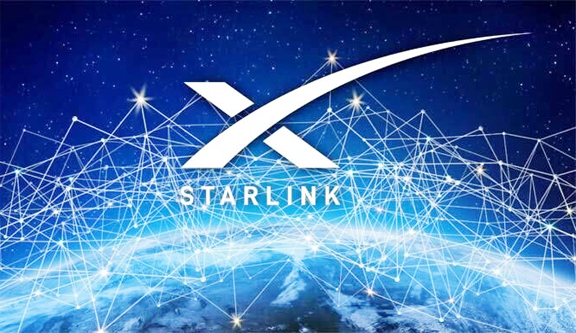DE News Desk :
The operation of satellite-based internet service Starlink in Bangladesh will not compromise the country’s data sovereignty, assured Faiz Ahmad Taiyeb, Special Assistant to the Chief Adviser for the Ministry of Posts, Telecommunications and Information Technology.
Speaking at a press conference held at the Foreign Service Academy, Taiyeb said Starlink has committed to operating through local gateways, ensuring all data traffic remains within Bangladesh’s jurisdiction.
“All regulatory protocols were thoroughly followed before granting Starlink approval,” he stated.
“This was a measured process, not a rushed one. As part of the licensing agreement, Starlink will pay the government $1 per active device as revenue.”
Initially, Starlink proposed a monthly subscription fee of Tk 7,000, but following negotiations, two more affordable plans were introduced: the ‘Starlink Residential’ package priced at Tk 6,000 per month and a ‘Residential Lite’ option at Tk 4,200 per month.
Both packages require a one-time installation fee of Tk 47,000.
Subscribers will receive unlimited data with internet speeds of up to 300 Mbps.
The service offers a coverage radius of 20–30 meters and can penetrate 2–3 rooms in multi-story buildings.
Describing the development as a “historic milestone,” Taiyeb praised Bangladesh’s swift regulatory process, highlighting the issuance of its first Non-Geostationary Orbit (NGSO) license within 90 days—marking a record in the country’s telecom licensing history.
He also confirmed that Starlink’s operations are fully compliant with national legal frameworks.
“The system supports both WiFi use in residential areas and ISP operations, thanks to its integrated router,” he noted.
To increase accessibility, Taiyeb revealed that the government is working on a financial support mechanism for those providing citizen services through Starlink.
“We plan to collaborate with microcredit institutions, banks, and financial organisations to facilitate affordable financing,” he said.
Addressing concerns from local internet service providers, he reassured that Starlink’s entry will not disrupt ongoing broadband infrastructure initiatives, including those in partnership with Chinese firms.
Starlink officially commenced operations in Bangladesh on Tuesday and is expected to play a vital role in expanding high-speed internet access to remote and underserved regions, empowering entrepreneurs and enhancing digital connectivity across the country.

